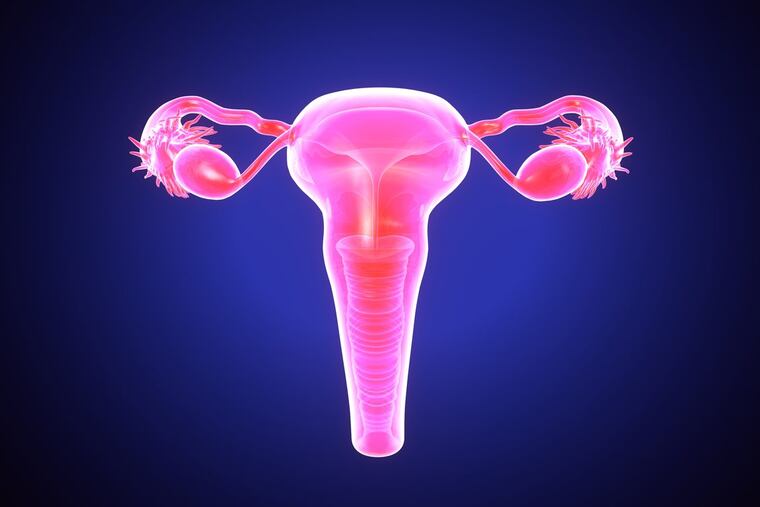Penn Medicine will offer uterine transplants
The new transplants are part of a clinical trial that will offer women with infertility caused by uterine problems a chance to bear children.

Penn Medicine announced Tuesday that it would begin performing uterine transplants as part of a clinical trial. That will make Penn the third center in the United States to offer transplants to women with uterine factor infertility (UFI), giving them a chance to carry children.
UFI is a form of infertility that affects up to 5 percent of women worldwide, including 50,000 in the U.S. Such women were either born without a uterus, have had it surgically removed, or have a uterus that does not function properly. In most cases, these women also do not have normal vaginal canals, so babies will have to be delivered by cesarean section.
The multiyear clinical trial, which began recruiting Monday, will be the third uterine-transplant trial in the U.S. The others are at Baylor University Medical Center in Houston and Cleveland Clinic. Penn is hoping to do three to five transplants during the trial, said Kate O'Neill, a reproductive surgeon who is co-principal investigator. She called the transplants "groundbreaking therapy."
While women with UFI have the option of adoption or surrogacy, those options are "not universally available" or desired, O'Neill said. "We owe it to our patients to explore an additional option."
The world's first uterine transplant was performed in 2000 in Saudi Arabia. A Swedish program, which is the only one that has resulted in successful pregnancies, did its first transplant in 2012. Transplant recipients there have had eight babies. Worldwide, there have been 30 transplants, in Brazil, China, the Czech Republic, Germany, Sweden, India, Saudi Arabia, Turkey, and the U.S.
Each participant in the Penn trial will be followed for five to 10 years by a multidisciplinary team. To be eligible, women must be 21 to 40 years old in stable relationships that have lasted at least three years. Relationships are important because transplant recipients need a lot of support. Same-sex couples will be eligible, O'Neill said.
Before the transplant, participants in the trial will have eggs harvested and fertilized. These embryos will then be preserved so they can be transferred later to the transplanted uterus. A single embryo will be placed in the new uterus after it has healed, around a year after the transplant. The women will be able to have up to two babies. Then the uterus will be removed so the patients can stop taking antirejection drugs.
Previous studies have found that women who have had transplants can safely have children while taking such drugs.
Women in the trial, or their insurance companies, will be responsible for the cost of in vitro fertilization. Penn will pick up the cost of the surgery.
While Sweden uses uteruses from living donors, Penn will use only uteruses from donors who have died, O'Neill said. She said Penn was concerned about risks to living donors.